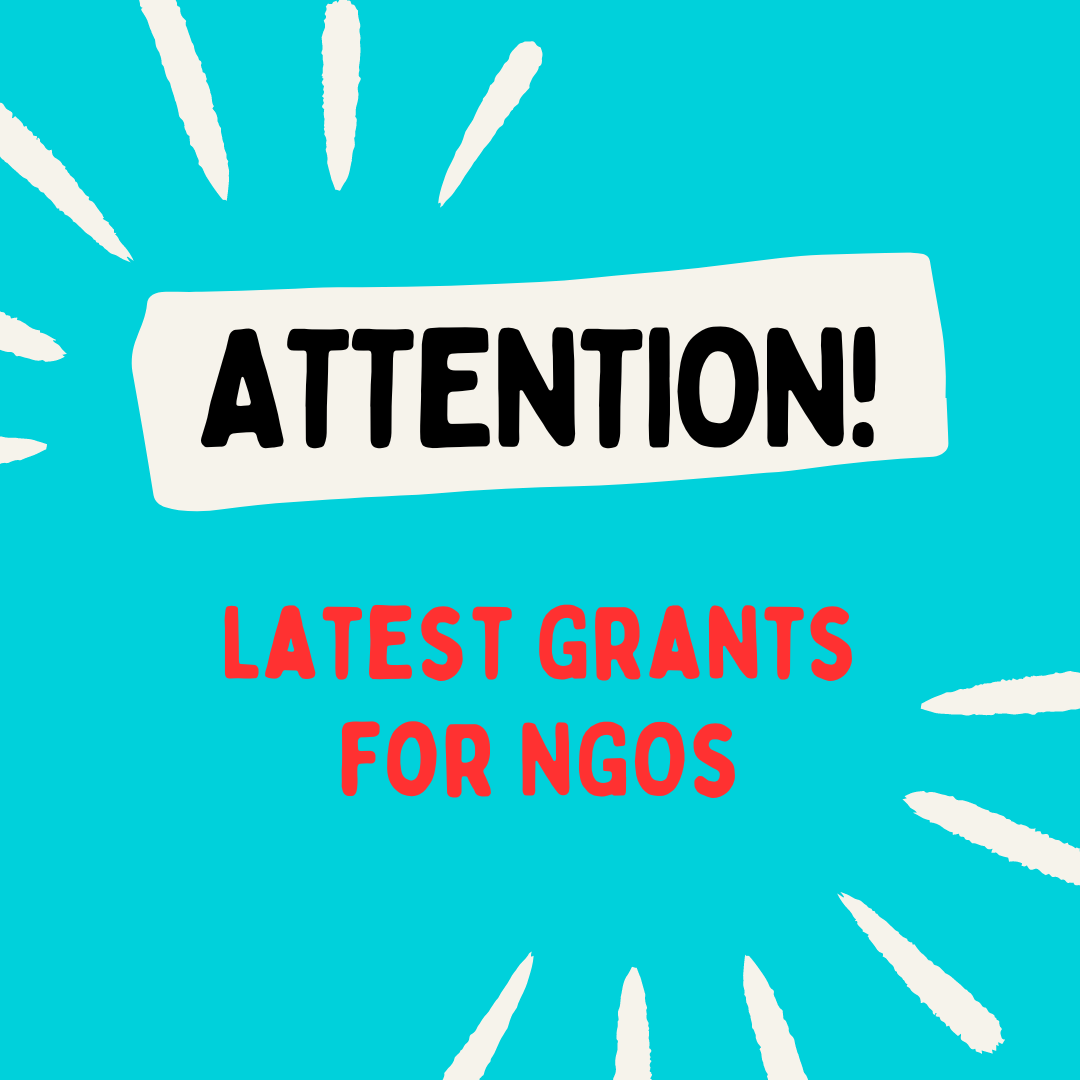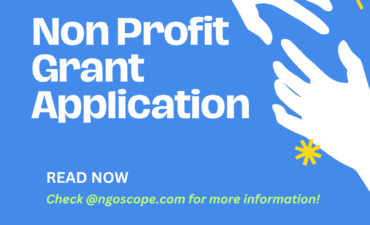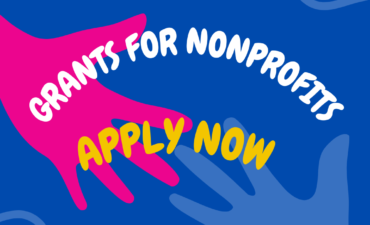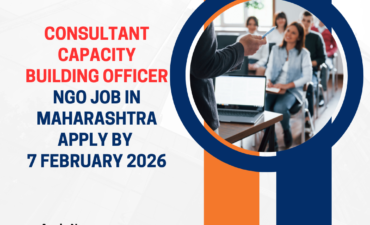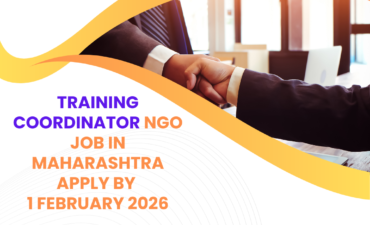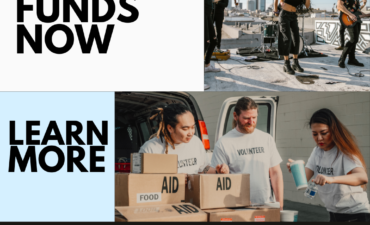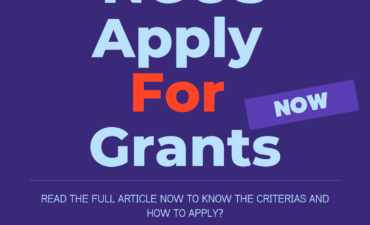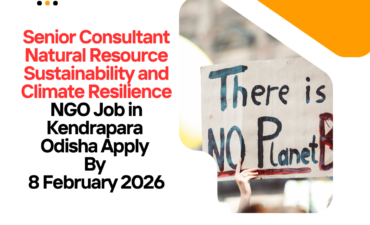Introduction: RFP for Grants for Improving climate and health policy-making through applied systems thinking 2025, The Alliance for Health Policy and Systems Research (the Alliance) is inviting proposals aimed at leveraging participatory systems thinking methods to enhance national climate and health policy processes.
If this opportunity resonates with your organization’s mission, we encourage you to read the complete article to explore the selection criteria and submit your application before the deadline on May 5, 2025.
Last Date of Application: 5th May 2025
Grant Range: 80000 USD
About (RFP for Grants for improving climate and health policy-making through applied systems thinking 2025)
The Alliance for Health Policy and Systems Research (the Alliance) invites proposals with the objective to apply participatory systems thinking methods to improve national climate and health policy processes. This call seeks to support a total of two research teams across selected countries to apply underused systems thinking methods to enhance national planning and decision-making in climate and health policy processes. The Principal Investigator must be a researcher or policy-maker based at a university, government agency or registered nongovernmental organization (NGO) working on health policy or climate policy research in one of the eligible countries: the Islamic Republic of Iran, Mozambique, Nepal or Uganda. The expected output of this work is an analytic report documenting the process of applying systems thinking to a health and climate policy process (e.g., Vulnerability and Adaptation Assessments (VSAs), Health National Adaptation Plans (H-NAPs), Nationally Determined Contributions (NDCs), long-term emissions and development strategies). The expected outcomes are demonstrable impact of how using applied systems thinking can improve the design of a climate and health policy process.
Objectives (RFP for Grants for improving climate and health policy-making through applied systems thinking 2025)
- Apply systems mapping and analysis Use system thinking and political economy mapping to identify leverage points and policy gaps within national climate processes, understand relevant policy, budget and planning cycles to enable the identification of entry or leverage points for change. Systems methods may include, but are not limited to soft systems methodology, boundary critique, agent-based modelling, viable systems modelling, human-centred design and/or the Cynefin framework.
- Conduct structured participatory workshops Apply systems thinking methodologies, facilitate engagements with policy-makers and sectoral stakeholders to jointly analyse climate and health system interactions and co-develop problem definitions. Plan an initial in-country inception workshop convening health system stakeholders, system thinking experts and other key policy-makers, followed by one to two more workshops over the life of the project. The convenings aim to support participants in collectively identifying a relevant priority policy process where applied systems methods can support and improve efforts.
- Generate targeted knowledge products Teams will produce actionable knowledge products to inform climate-health policy-making. Teams will be required to generate products aimed at decision-makers to help improve policy implementation. These should include policy and technical briefs and presentations in formats suitable for policy- and decisionmakers (e.g., meetings, policy and community dialogues, briefings, infographics, peer-reviewed publications, videos and/or podcasts). Teams will also be encouraged to use digital formats creatively.
- Engage in Alliance learning activities Teams are expected to work closely with the Alliance and WHO to regularly participate in knowledge exchange activities and engage with global, regional, national and subnational stakeholders and other Alliance grantees. Active participation in Alliance-organized events is required, including two virtual crosscountry learning forums (anticipated for May and August 2025). Teams are expected to contribute to a joint synthesis report comparing results across countries and participate in a final inperson workshop in October 2025 to present policy recommendations.
- Demonstrate pathways toward policy impact Develop a workplan, using systems thinking, to Support implementation of the identified priority policy, documenting the workplan development process along the way. Show evidence of either direct contributions to revised policy documents or institutional adoption of systems tools by health/climate ministries.
Deliverables (RFP for Grants for improving climate and health policy-making through applied systems thinking 2025)
Achievement of this project will include the following immediate outputs:
- One analytic report documenting the process of applying systems thinking in the development of the health and climate policy process,
- 1-2 knowledge and communications products from each country team (e. g., published case studies, policy briefs, research article, short videos infographic), and
- Participation in one global convening organized by the Alliance to help share the findings more widely to encourage and inspire replication.
The intended outcome of this work is:
Contributions towards demonstrable impact on an ongoing policy health and climate policy process.
Funding Information (RFP for Grants for improving climate and health policy-making through applied systems thinking 2025)
Through this grant, two research teams will be funded up to USS 80 OOO each. No additional funding will be provided beyond the project period. Research activities are expected to run for eight months from May 2025 to December 2025.
Eligibility Criteria (RFP for Grants for improving climate and health policy-making through applied systems thinking 2025)
To qualify for consideration, proposals must clearly demonstrate the following criteria:
- The research team must be based at an institution located in one of the four target countries (Islamic Republic of Iran, Mozambique, Nepal or Uganda), with eligible institutions including universities, government agencies or registered NGOs working on health or climate policy.
- The research team must demonstrate gender balance in senior project leadership and women comprising at least 50% of team members.
- The research team must include at least one policy-maker actively involved in national climate change or health policy processes, particularly in NDC development, H-NAP implementation or climate-resilient health system planning – with continuous engagement.
- The proposed research must apply established systems thinking methodologies such as soft systems methodology, boundary critique, Cynefin framework, agent-based/viable system models and/or human-centred design, clearly explaining how these methods can facilitate the elaboration of national climate and health policy processes.
- The research team must demonstrate capacity for multisectoral engagement, showing plans to involve stakeholders from health, climate and other relevant sectors in the research and policy process.
To stand out in the selection process, proposals will be evaluated based on the following criteria:
- The research team’s documented experience in applying systems thinking approaches to real-world policy challenges, particularly in low-resource settings.
- The proposal’s embeddedness within ongoing national policy discussions and clear pathways for influencing NDC revisions, H-NAP implementation, or other climate and health policy processes.
- The appropriateness of proposed systems tools for the national context, feasibility of implementation, and alignment with priority policy cycles.
- The proposal’s potential for strengthening institutional capacity beyond the project period.
How to Apply?
All proposals must be submitted through the Alliance’s newly launched online proposal submission form.
<<<<<<<<<Apply Here Now>>>>>>>>>
Get full access to the grant information, visit the Official Website Link
No more Google search, join our Whats App Channel and get alerts as soon as we publish a post.
Hey, STEAL our Best Premium Content For Absolutely Free, Check Out the Links below
HOPE these will add value to your existing skills and knowledge
Our information bears no cost (it’s absolutely FREE), don’t let valuable information slip away.
Join our community of avid readers who are always in the know. Subscribe to our website; stay connected and engaged with the latest news, trends, and developments by subscribing today.
(PUSH the bell ICON)
Leverage the power of knowledge to propel your organization to new heights. Don’t miss out to explore our content
- Latest Funds for NGOs,
- NGO Jobs
- Resources (Helpful Guides and Courses)
- Premium Resources
- NGO related articles
Grants for NGOs, NGO Jobs, Resources, Nonprofit Fellowships Programs and Funds for NGOs – Empowering Your Mission
Sharing is Appreciated

